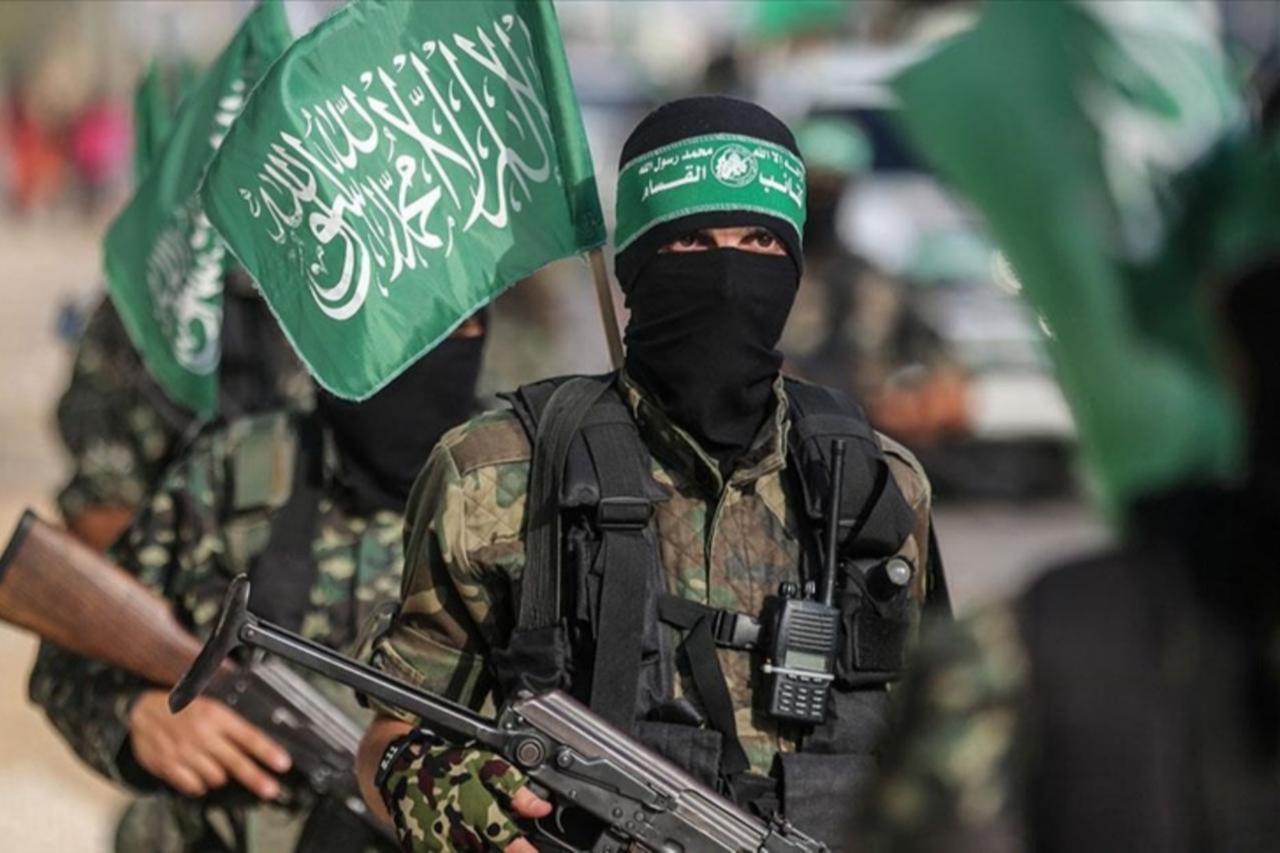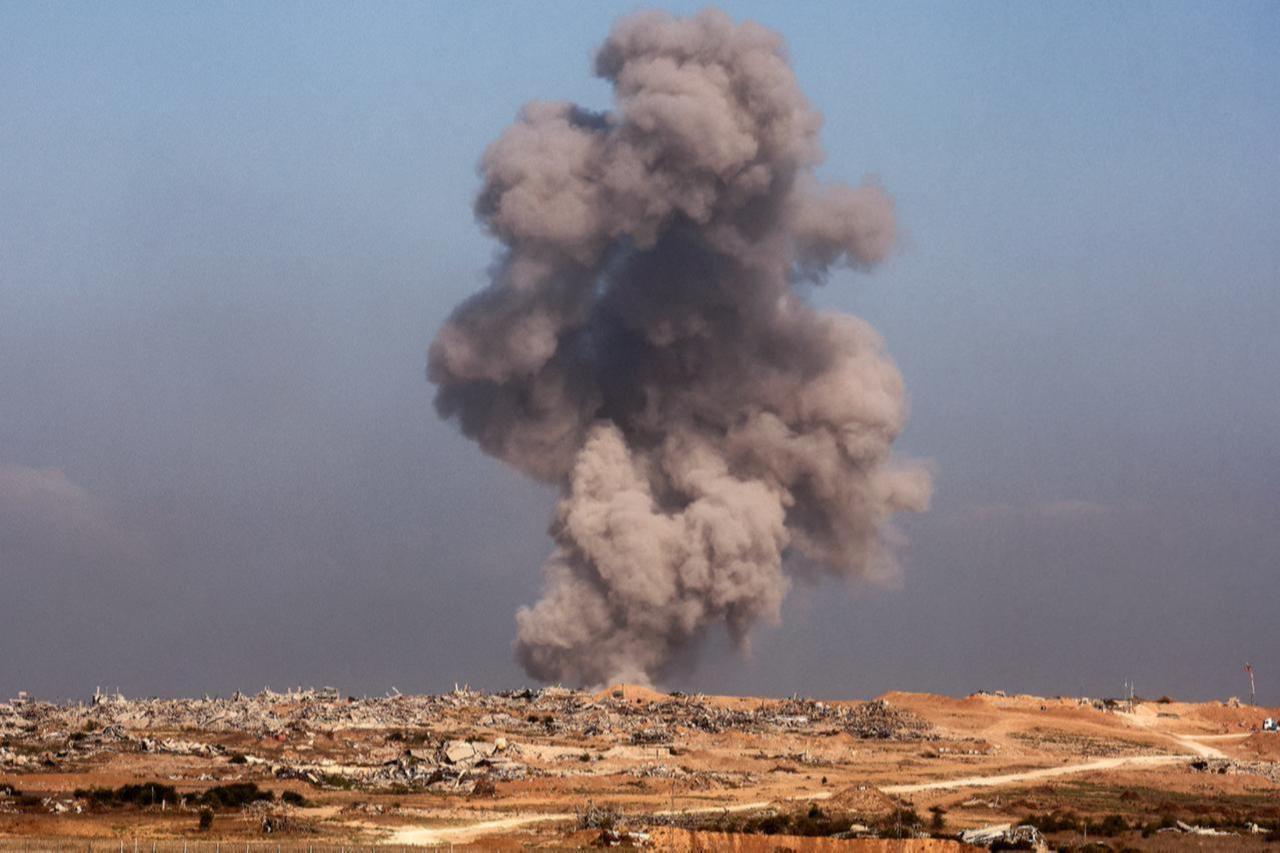
Hamas is nearing a decision on its response to a peace proposal put forward by U.S. President Donald Trump, according to Israeli media reports on Thursday.
The plan, which has been described by the White House as a comprehensive framework to halt the war in Gaza, is under review by the group’s leadership.
A source familiar with the matter told Israel’s Jerusalem Post that Hamas is still weighing its response to U.S. President Donald Trump’s Gaza proposal and is expected to deliver a decision before the deadline.
The proposal includes an immediate ceasefire and a large-scale prisoner and hostage exchange. Hamas would be expected to release all remaining hostages in return for Israel freeing 250 Palestinians serving life sentences and 1,700 others detained after October 7, 2023.
Other provisions call for a phased withdrawal of Israeli forces from Gaza, the disarmament of Hamas, and the creation of a transitional governing authority under international oversight.
Many aspects of the 20-point plan resemble earlier ceasefire frameworks discussed during the two-year conflict, some of which were accepted and later abandoned by both Hamas and Israel at different stages.

The head of Hamas’s military wing, Izz al-Din al-Haddad, indicated that he would not support the proposal, BBC News reported. He was said to believe the plan was designed to dismantle Hamas regardless of its compliance and expressed a willingness to continue the group’s armed campaign.
White House spokeswoman Karoline Leavitt stated that President Trump would establish a clear deadline for Hamas to reply. Speaking on Fox News, she said the president had worked with his team on a "20-point, comprehensive, detailed plan that has been applauded all over the world."
Trump said earlier this week that he would give Hamas three to four days to respond to the document. The White House, however, did not specify whether it would enforce that timeline.
Russian President Vladimir Putin commented on Thursday that Trump’s initiatives to end the Gaza conflict offered what he described as a "light at the end of the tunnel." He emphasized, however, that any peace arrangement would only be viable if both parties accepted the terms.